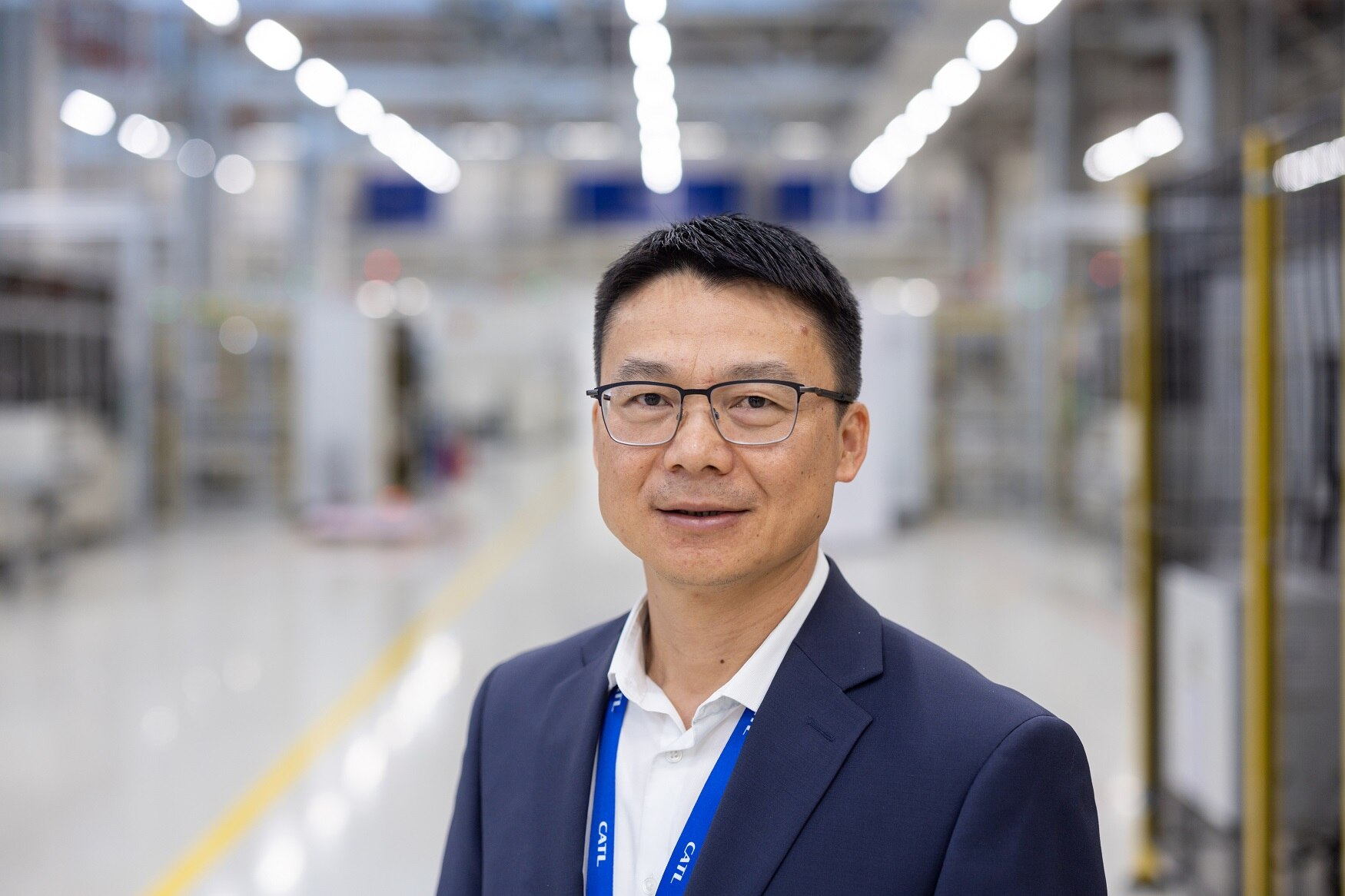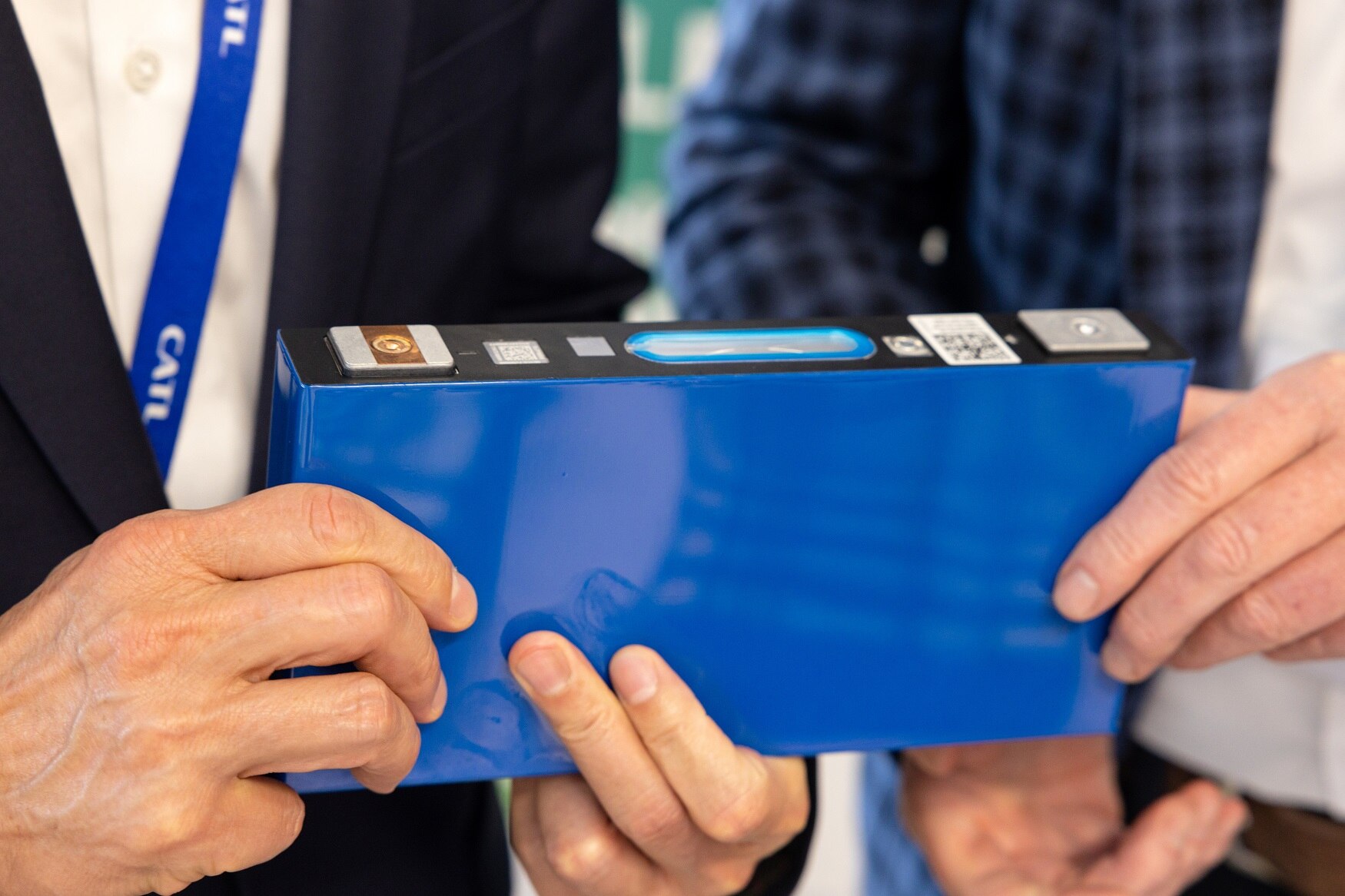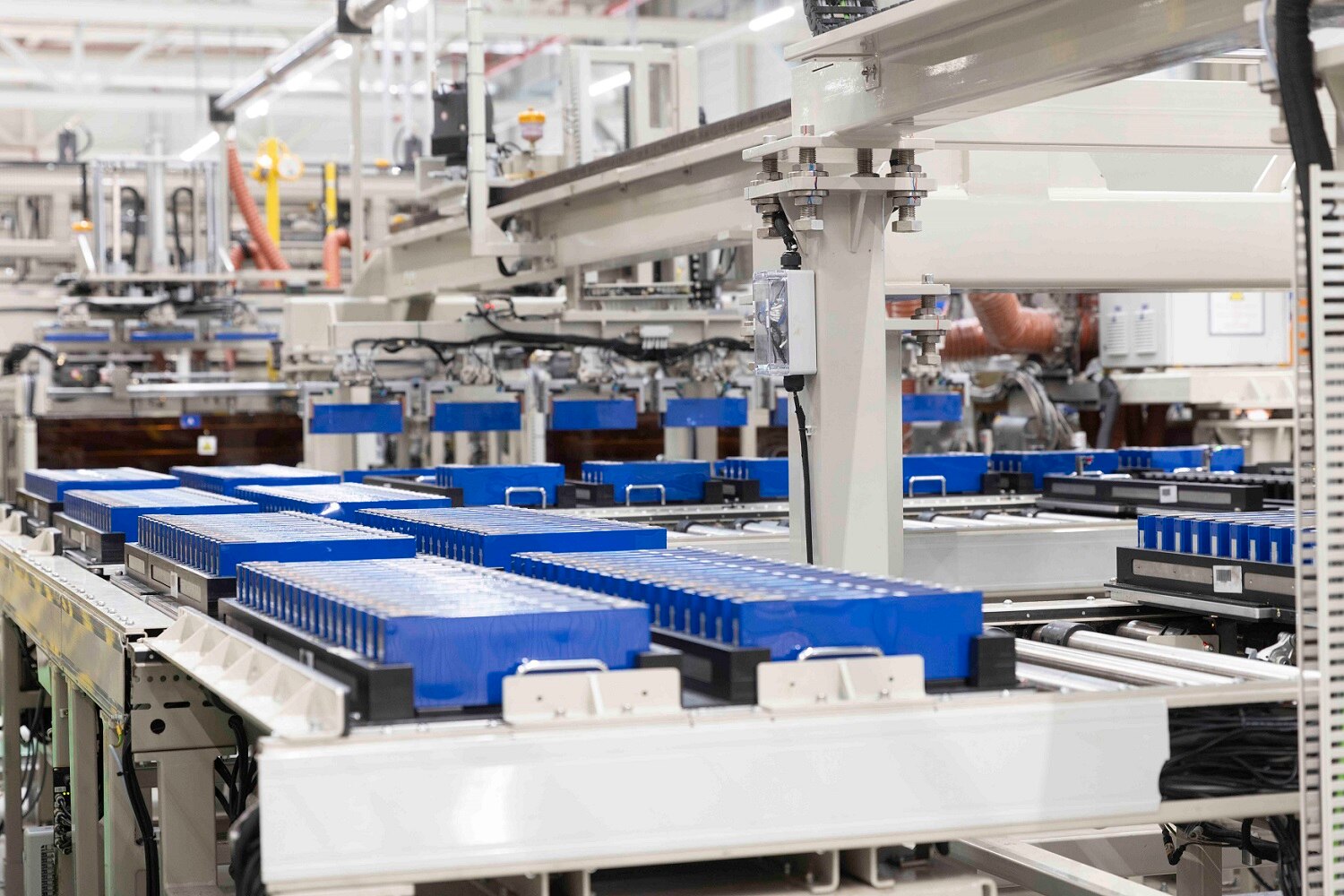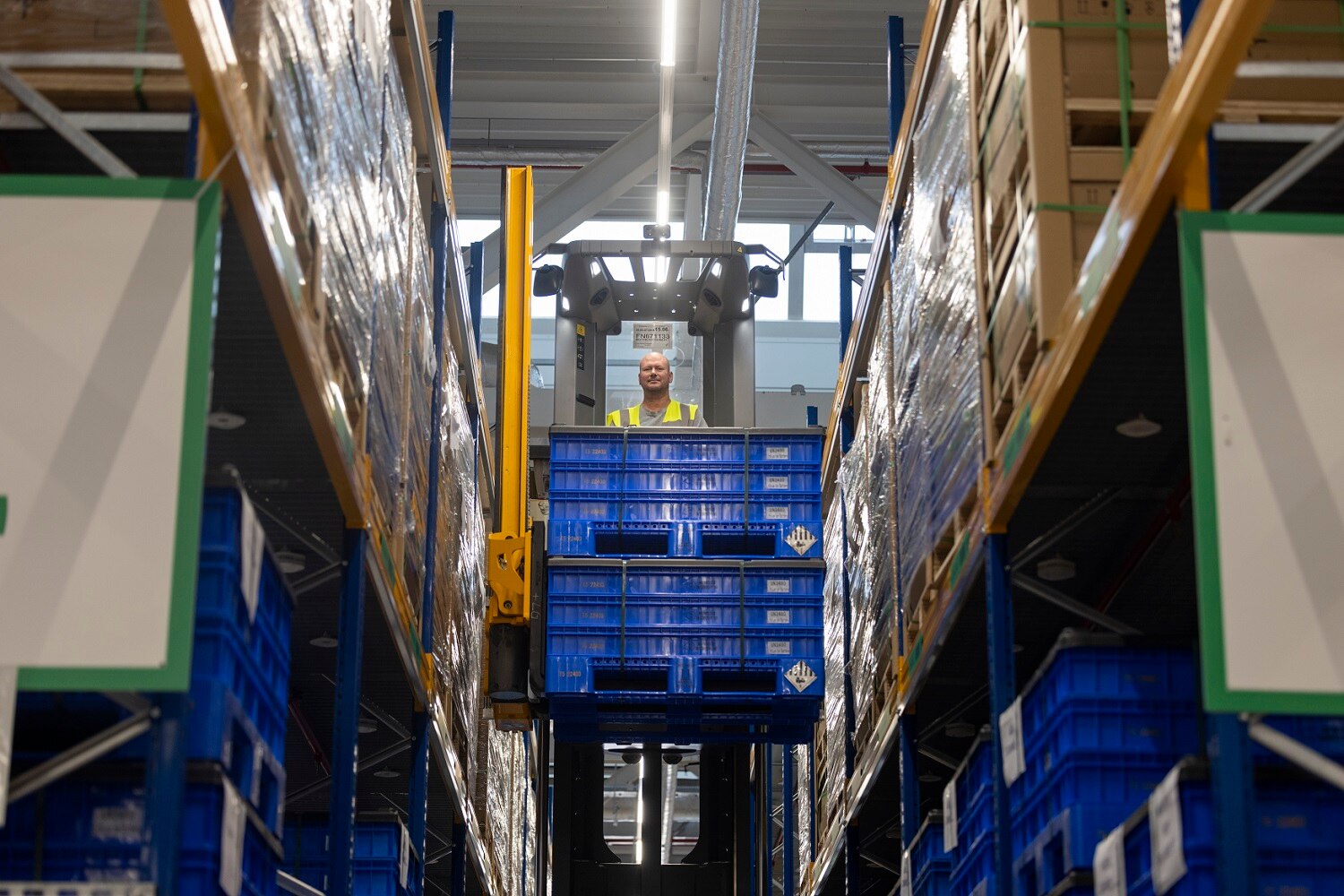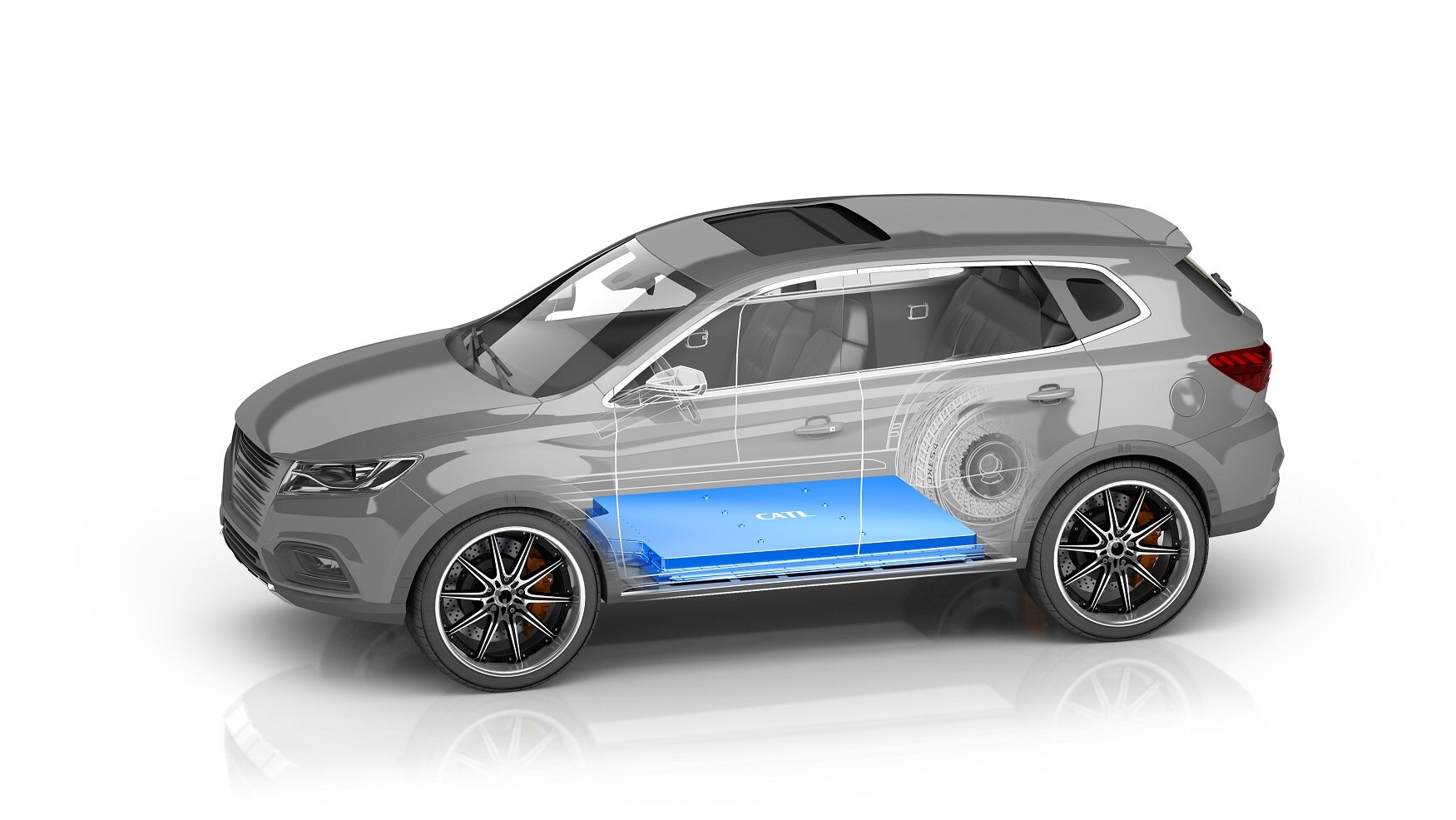Thuringia as the first European CATL production site
Since 2019, we have been expanding our CATT (Contemporary Amperex Technology Thuringia GmbH) site in Thuringia. By the end of 2022, CATL's first European production facility will be built here at Erfurter Kreuz for EV batteries, which is to become the headquarters for whole of Europe. As part of this project, we are investing up to 1.8 billion euros and creating up to 2,000 jobs for skilled workers with a wide range of qualifications in the upcoming years. This is one of the biggest investments in Germany in recent years.
Europe as an important market for CATL
As a globally thinking company, a location in Europe is strategically important for CATL. In the rapid growth of the European market for e-mobility, we also see an opportunity for us to grow as a company and expand our customer base in an area with a high concentration of automotive manufacturers. With our plant in Arnstadt, we ensure production close to our customers. This will intensify our customer relationships, increase our delivery reliability and at the same time save CO2 and transport costs. In addition, we want to use our technology to help the EU achieve its goal of carbon neutrality.

